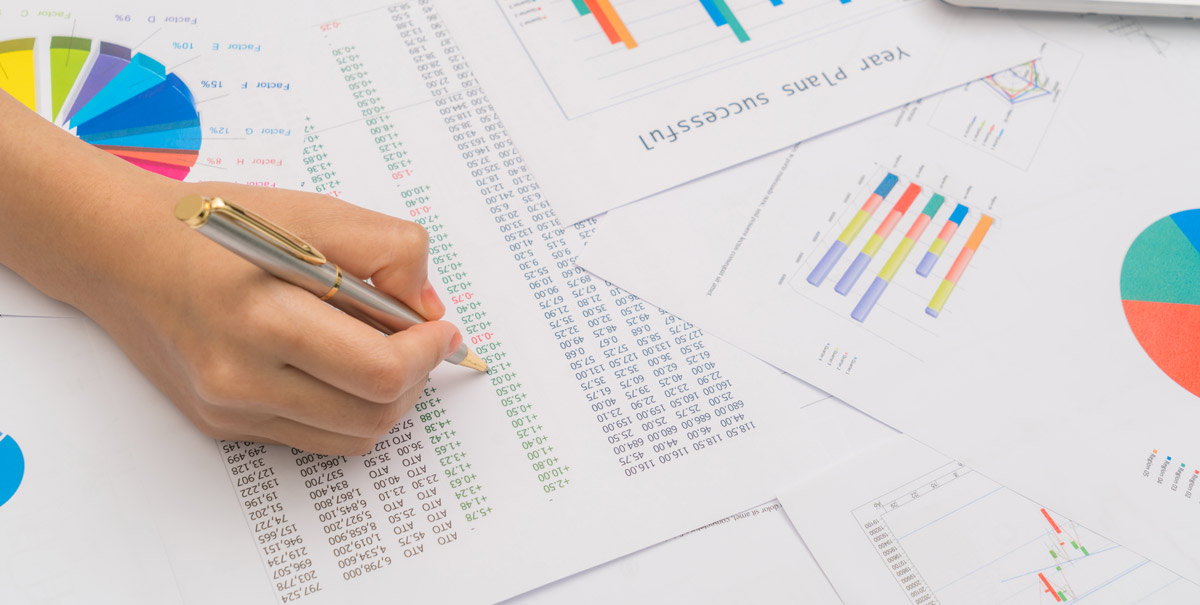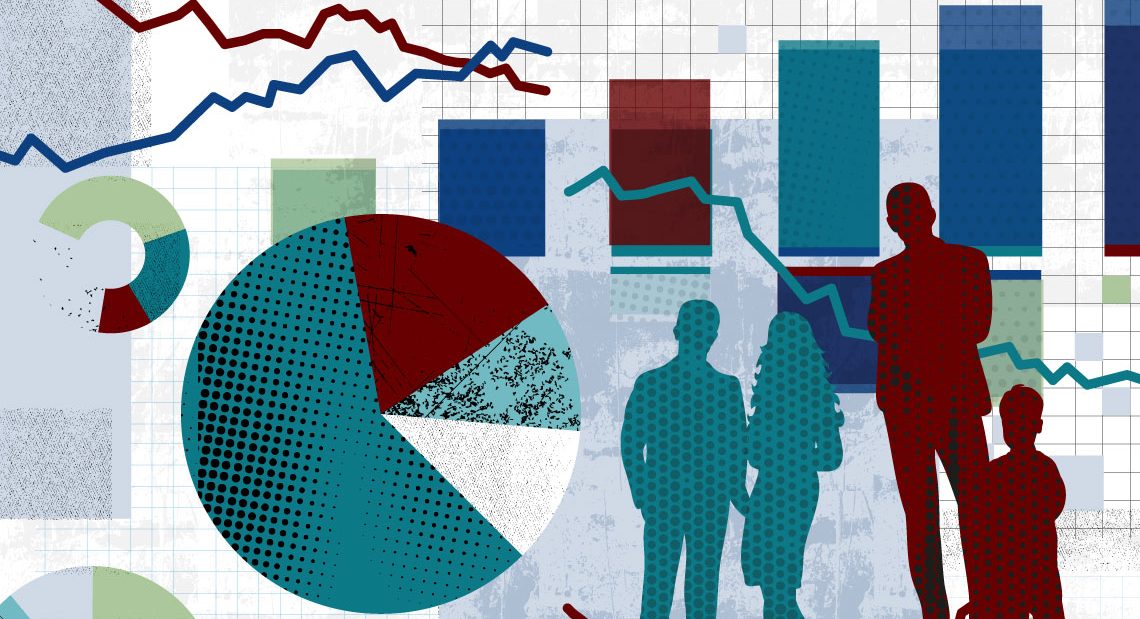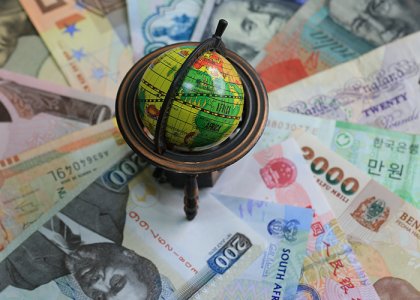Introduction
Experimental economics is an innovative field that applies experimental methods to study economic behavior, policy implications, and decision-making processes. By designing controlled experiments, researchers can analyze how individuals and groups respond to different economic scenarios. This approach provides valuable insights into human behavior, market dynamics, and policy effectiveness. If you are looking for unique and impactful dissertation topics in experimental economics, this list will provide a strong foundation for your research.
Download Dissertation Samples
Need inspiration? Download high-quality economic dissertation samples to understand how to structure your paper, formulate arguments, and cite sources correctly.
List of Experimental Economics Dissertation Topics
1. Theoretical and Methodological Advances in Experimental Economics
- Exploring the impact of different incentive structures on economic decision-making.
- A comparative analysis of laboratory and field experiments in economic research.
- The role of deception in economic experiments: Ethical considerations and experimental validity.
- Studying risk aversion and time preferences using experimental methodologies.
- The replication crisis in experimental economics: Causes, consequences, and solutions.
- The evolution of experimental economics: Historical perspectives and future directions.
- Designing robust experiments: Best practices for ensuring reliability and validity.
2. Behavioral Economics and Decision-Making
- The effect of social norms on economic behavior: An experimental approach.
- Investigating cognitive biases in financial decision-making using experimental methods.
- The impact of peer influence on risk-taking behavior in economic decisions.
- Experimental evidence on the endowment effect and its implications for market efficiency.
- Studying the role of emotions in economic choices: A neuroeconomic perspective.
- The impact of bounded rationality on economic decisions: Experimental insights.
- Exploring the role of habit formation in consumer behavior using experiments.
3. Market Mechanisms and Economic Institutions
- Experimental evaluation of auction mechanisms: Which format leads to the most efficient outcomes?
- The role of bargaining power in negotiation outcomes: An experimental analysis.
- Testing the efficiency of different pricing strategies in simulated markets.
- Experimental insights into the effects of taxation on consumer behavior.
- The impact of information asymmetry on market efficiency: A laboratory experiment.
- The role of competition and regulation in shaping market efficiency: An experimental perspective.
- The effects of market liquidity and trading rules on financial market stability.
4. Game Theory and Strategic Interactions
- An experimental study of cooperation and competition in repeated games.
- The influence of communication on coordination in strategic decision-making.
- Investigating trust and reciprocity in economic transactions through experiments.
- Testing the predictions of Nash equilibrium in real-world economic scenarios.
- Experimental approaches to studying collusion in oligopoly markets.
- The role of punishment and reward mechanisms in sustaining cooperative behavior.
- Experimental insights into reputation-building and strategic deception in games.
5. Policy Implications and Experimental Economics
- The effectiveness of nudges in promoting pro-environmental behavior: An experimental approach.
- Experimental evidence on the impact of universal basic income on labor supply decisions.
- Studying the effects of minimum wage policies using experimental labor markets.
- The role of experimental economics in designing effective public policies.
- Evaluating the impact of financial literacy interventions through economic experiments.
- The effects of taxation on income distribution and social welfare: An experimental analysis.
- Experimental insights into the behavioral responses to climate change policies.
6. Experimental Economics and Technology
- Investigating the impact of AI-driven financial advice on consumer decision-making.
- Experimental analysis of cryptocurrency adoption and investor behavior.
- The role of digital platforms in shaping consumer trust and loyalty: An experimental approach.
- Exploring the effects of algorithmic pricing on market competition through experiments.
- Behavioral responses to privacy policies in digital markets: Evidence from experimental studies.
- The effects of automation and AI on labor market outcomes: Experimental evidence.
- Experimental research on human-computer interactions in economic decision-making.
7. Experimental Economics in Health and Education
- The role of financial incentives in promoting healthy behaviors: An experimental study.
- Experimental insights into consumer choices in healthcare markets.
- Studying the effectiveness of behavioral interventions in reducing medical non-adherence.
- Experimental approaches to understanding student performance and motivation.
- The effects of financial aid and scholarship programs on student behavior.
- Experimental research on decision-making under uncertainty in healthcare settings.
- The impact of social norms and peer effects on health and education outcomes.
Commonly Asked Questions on Experimental Economics Dissertation Topics
What is experimental economics?
Experimental economics is a field of study that uses controlled experiments to analyze economic behavior and test economic theories. It involves designing experiments to observe decision-making under different conditions.
Why choose experimental economics for a dissertation topic?
Choosing experimental economics allows you to explore real-world economic behaviors in a controlled setting. It provides empirical evidence that can challenge or support economic theories, making your research impactful and innovative.
What are the key challenges in conducting experimental economics research?
Some challenges include designing valid experiments, ensuring ethical considerations, securing funding for participant compensation, and accurately interpreting behavioral data.
What tools are commonly used in experimental economics?
Common tools include laboratory experiments, online surveys, economic games, software like z-Tree and oTree, and statistical analysis programs such as Stata and R.
Can experimental economics be applied to policymaking?
Yes, experimental economics is widely used to test and refine public policies before implementation. It helps policymakers predict potential outcomes and design more effective interventions.
How do I select a dissertation topic in experimental economics?
Start by identifying an area of interest, reviewing existing literature, and considering gaps that need further exploration. Choosing a topic that aligns with both your interests and current economic challenges will enhance the relevance of your research.
Conclusion
Experimental economics provides a robust framework for understanding real-world economic behaviors and testing theoretical models. Whether you focus on behavioral insights, market mechanisms, or policy implications, these dissertation topics will help you explore critical issues in economic decision-making. Choose a topic that aligns with your research interests and contributes to the growing field of experimental economics.
Topics Brief Service
If you are unsure about which topic to choose, our experimental economic dissertation topic brief service provides a well-researched outline with key points, objectives, and references to kickstart your dissertation.
Get Experimental Economic Dissertation Help
Struggling with your dissertation? Our expert writers specialize in Experimental Economic dissertations and can help you with topic selection, research, writing, and editing. Get professional Financial Economic Dissertation Help now!
List of Related Posts
- 99 Monetary economics dissertation topics for 2025
- Top 99 Economic Geography Dissertation Topics for 2025
- 99 Top Public economics dissertation topics for 2025
- 99+ Top Financial Economics Dissertation Topics for 2025
- 99 Top Experimental Economics Dissertation Topics for 2025
- 99 Top Environmental Economics Dissertation Topics for 2025
- 99+ Top Health Economics Dissertation Topics for 2025
- 99+ Business Economics Dissertation Topics for 2025
- Top 99 Behavioural Economics Dissertation Topics for 2025
- 99+ Top Agricultural Economics Dissertation Topics for 2025
- 99+ Top Development economics Dissertation Topics for 2025
- 99+ Top Managerial Economics Topics for 2025
- 99+ Best Political Economy Dissertation Topics ideas in 2025
- 99+ Economics Dissertation Topics and Research Ideas






